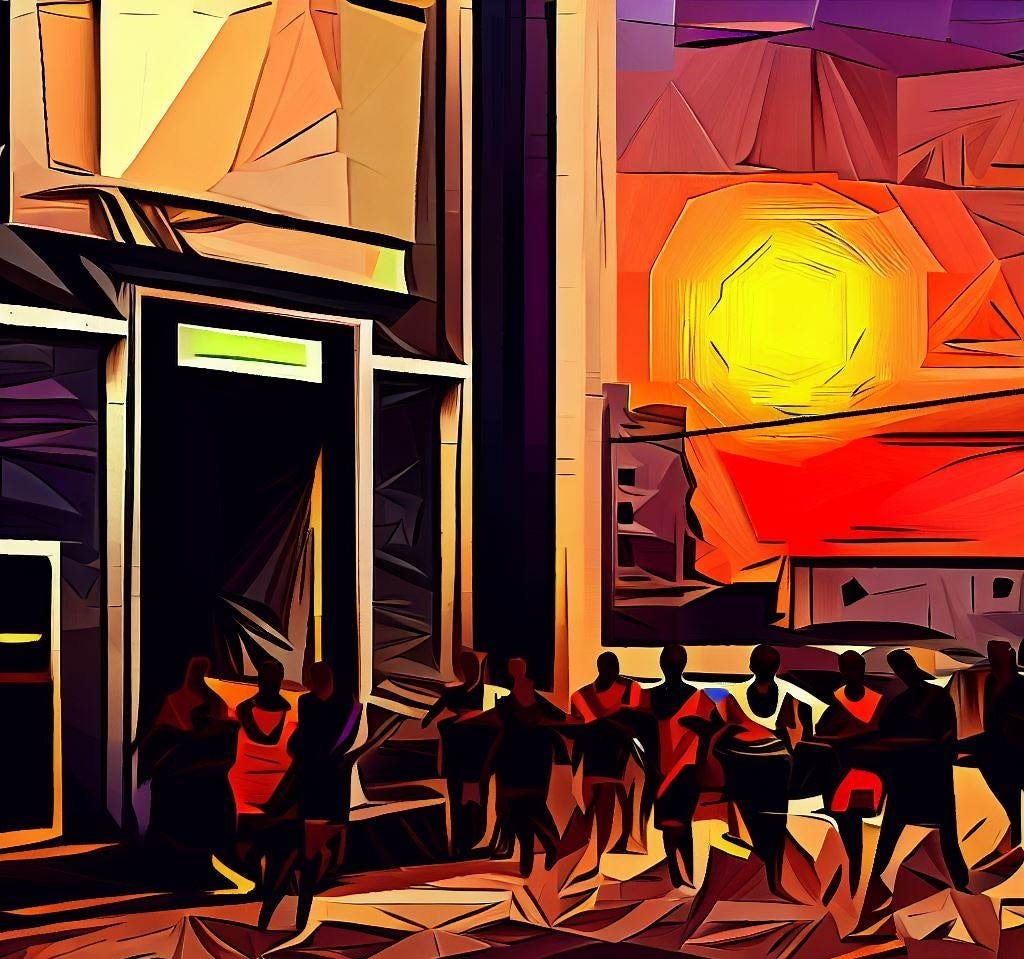Lotteries to save the world: First it was tax collection, now it’s bank deposits.
Turns out offering people cash gets them do things that are good for them.
A few weeks ago we wrote about crowd-sourcing tax compliance by running a VAT lottery. The resultant boost in sales tax receipts was both impressive and impressively uniform across countries. In a very similar vein, a recent working paper from the National Bureau of Economic Research (NBER) reports on a randomized experiment to see whether a lottery incentive could boost bank deposit rates in Mexico. The underlying function was the same; instead of a receipt showing VAT was paid being your lottery ticket, the deposit slips of the lucky customers of 40 bank branches throughout Mexico doubled as their ticket into a monthly draw. The results were impressive, including a 21% increase in the number of deposits. It turns out giving people the chance to win free stuff is a good motivator.
Domestic savings rates are good for a country’s economic development. Saving for the proverbial rainy day is also a pretty good idea on a personal level. But it’s not always easy for people on low or irregular incomes. In low-income and even middle-income countries, banks consistently struggle for deposits. The percentage of households without bank accounts remains substantial, and even among those with accounts, the majority do not deposit substantial sums. Having a bank account facilitates wealth accumulation even amongst low-income households. Most people know this and want to save yet the low saving rates persist.
To give people a small nudge towards making some deposits, the researchers in the NBER study offered a monthly prize of 10,000 pesos (~US$750 at time of the experiment; September 2010) to people who made a deposit into a bank account at the National Savings and Financial Services Bank (Bansefi). This Prize-Linked Savings (PLS) scheme ran for only two months at 40 Bansefi branches (70 similar Bansefi branches were monitored as a control group). It resulted in:
A 40% increase in the number of accounts opened
A 21% increase in the number of deposits during the lottery months
96% of new accounts were opened by households previously unbanked at any bank
A persistent 2-3 year impact on the flow of deposits and stock of savings
A 6% increase in branch profits
And even better than in a VAT lottery where people had to ‘buy’ their tickets (of course they got the goods they were purchasing as well), in the PLS, the ticket holder got to keep the principle that they ‘spent’ on the ticket. The more times they put money into their own bank account, the more lottery tickets they had.
The authors worked pretty hard to isolate the effect of the PLS. They rule out any branch substitution effect (whether people would have opened accounts somewhere anyway but opted for Bansefi because of the PLS). They also looked at whether historically September and October are good months for bank account openings (spoiler alert: not particularly). Finally, they checked if people were just depositing, withdrawing, and depositing the same money again (they weren’t). It just seems like people needed one extra motivation to open an account and start using it and then they were away. The authors speculate that the ‘indivisible nature’ of the prize may have been an extra motivator. Basically, when people thought of 10,000 pesos, they thought of a large one-off purchase they could make; one they would never be able to incrementally save for. This chimes with GiveDirectly experiences of what recipients use the large one-time cash transfer for.
The authors speculate on why the PLS had persistent effects in the long term. If people just wanted the shot at the monthly pesos, once that was gone, we would expect the level of deposits to drop back to the previous equilibrium. But this didn’t happen. For the accounts that were opened in the two-month PLS window, deposit and savings rates remained at an elevated level even five years later. Perhaps this was to do with the fixed cost of opening an account or because a bank account is an ‘experience good’. People know they are good, but only really know it once they experience it. Whatever the cause, the effect was positive for households, the bank, and Mexico.
However, Mexico in 2010 had a GDP per capita at PPP of around $15,500. That makes it wealthier than all but a handful of countries south of the Sahara are today in 2023; and with a median GDP per capita PPP of ~$4,100 a lot, lot wealthier than many more. This does beg the question of whether the effects of a PLS in Mexico can be replicated more widely in SSA when people have much less money in general?
Finally, it’s tempting to speculate as to why banks aren’t offering PLS the whole time. The money for this scheme was financed by Bansefi and their branch profits still increased by 6% ceteris paribus. The authors do give a list of banks who have offered a PLS at some time around the world. They could find 104 schemes in 44 countries with some dating back to 1918 (PLS seem quite popular in Nigeria, the UAE, and Oman). Like with VAT lotteries, it seems as though PLS are known and tried from time to time, but just not very widespread. Perhaps next time you visit your bank, suggest to the branch manager that they set up a PLS. You get a small but risk-free chance to win 10,000 pesos and the branch gets a 6% boost in profits. You scratch my back, I'll scratch yours.

